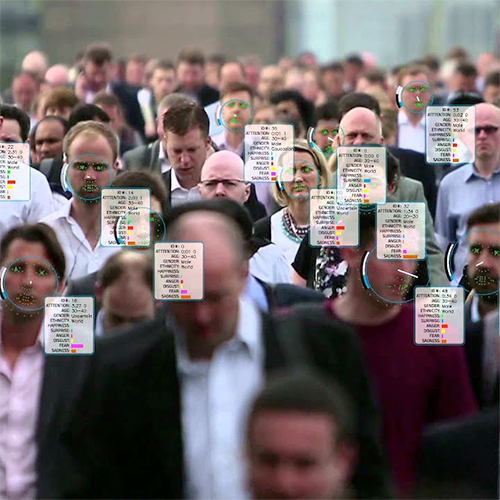| jump_all | jump_back | jump_next | jump_random | fig_id | title | instructor | credits | extra | reserved | class1_subjectcourse | class1_title | class1_meeting | class1_ethnic | class1_gened | class1_breadth | class1_level | class1_honors | class1_credit | class1_classnumber | class2_subjectcourse | class2_title | class2_meeting | class2_ethnic | class2_gened | class2_breadth | class2_level | class2_honors | class2_credit | class2_classnumber | class3_subjectcourse | class3_title | class3_meeting | class3_ethnic | class3_gened | class3_breadth | class3_level | class3_honors | class3_credit | class3_classnumber | class4_subjectcourse | class4_title | class4_meeting | class4_ethnic | class4_gened | class4_breadth | class4_level | class4_honors | class4_credit | class4_classnumber |
|---|---|---|---|---|---|---|---|---|---|---|---|---|---|---|---|---|---|---|---|---|---|---|---|---|---|---|---|---|---|---|---|---|---|---|---|---|---|---|---|---|---|---|---|---|---|---|---|---|---|
| all | previous | next | random | 1 | Big Data and Society | Fabien Accominotti | 10 | Students must have satisfied the Quantitative Reasoning A requirement to enroll in Computer Sciences 220. | Sociology 196 | Big Data & Society | LEC 3: MW 2:30–3:45 | Social Science | Elementary | 3 | 37980 | Computer Sciences 220 | Data Science Programming I | LEC 4: MWF 1:20–2:10 + LAB 341: R 1:00–2:15 | Quantitative Reasoning Part B | Natural Science | Elementary | 4 | 24940 | History of Science 150 | The Digital Age | LEC 1: MW 9:55–10:45 + DISC 316: F 9:55–10:45 | Humanities | Elementary | Honors Optional | 3 | 34631 | ||||||||||||||||||
| description |
|---|
 The main seminar in this FIG, Sociology 196: Big Data & Society, introduces you to how “big data” is transforming society and our understanding of it. We will explore topics like surveillance and the balance between enhancing public safety and protecting individual freedoms. We will consider the consequences of algorithm-based sorting for access to credit or insurance; the benefits and costs of AI; and some of the ethical and privacy concerns raised by big data and data analytics. We will grapple with the increasing “datafication” of society and consider how these trends might alter our social fabric. More broadly, we will explore topics like racial bias, partner and friendship choice, and public opinion and polarization in the “Age of Big Data.” Overall, our goal will be to examine a range of timely questions about these technologies and their impact on many facets of social life. The other courses in this FIG will add to our exploration of these important issues. Computer Sciences 220: Data Science Programming I — Introduction to Data Science programming using Python. No previous programming experience required. Emphasis on analyzing real datasets in a variety of forms and visual communication. History of Science 150: The Digital Age — An introduction to the history of the computer from the 1940s to the present day, major developments in computer science and technology in their historical contexts, and recent trends in computing and society. We learn about machines, but emphasize the study of people: the institutions, scientists, workers, and social movements that invented, facilitated, and transformed digital technology in the 20th and early 21st century. |